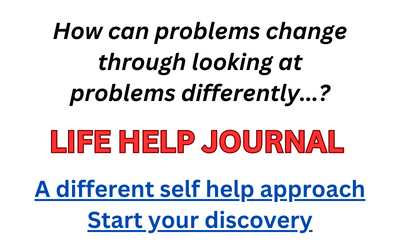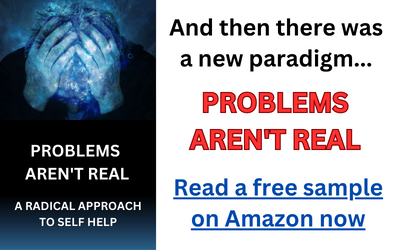I considered with interest Dying To Be Me by Anita Moorjani (and reviewed the work as well). Dying To Be Me is Moorjani’s personal story, and also the story of her near death experience (NDE) and medically inexplicable recovery from terminal cancer. Dying To Be Me is a compelling work overall, and I recommend it.
Beyond the interesting storylines within Dying To Be Me there is, without question, an important insight for how to peacefully and successfully navigate the life experience. This insight is, essentially, that we — all of us — are magnificent spiritual treasures and, perhaps most important of all, that we must honor ourselves accordingly.
Another way to put this is that we should each treat ourselves with great love and care, and even reverence, and the failure to do this will be expressed as external world malfunction including compromised health and other types of difficulties. This naturally raises the question of just how we should go about giving ourselves love, care, and even reverence.
Moorjani is reluctant within Dying To Be Me to express definitively how one should go about engaging in this self love and care, stating that she doesn’t want to create dogmas and it’s best for the individual to determine how to go about doing this. I agree that it’s for the individual to decide, ultimately, how or even if they want to become more self-caring. Unlike Moorjani, however, I am comfortable offering some specific advice for how to go about doing this.
My advice comes in significant part from Wayne Dyer’s outstanding and most helpful work Wishes Fulfilled. Within Wishes Fulfilled, Dyer suggests engaging in daily positive and reinforcing mental self-talk that acknowledges our authentic spiritual magnificence.
Along these lines some of the mental self-talk we might engage in daily could be I am perfect, I am powerful, I can do anything, I am love. The reader can add to these suggestions as their intuition directs them.
It’s possible and even likely that there will be resistance, in the form of ego chatter, about expressing statements like those above. I am not perfect so why should I say that I am? That’s ridiculous! Or something along these lines. It’s my experience however that the more affirming statements are repeated, the more natural and honest they begin to feel. After some time, and it’s often not that very long, these statement genuinely take hold.
And as this happens, so does change. There can be a physical sensation within the body, a sense of energy perhaps, along with the appearance of fortuitousexternal circumstances. This is a case of the external coming to reflect the internal — as we change our internal focus into something that demonstrates love for our spiritual perfection, our external reality ultimately comes into alignment with this new focus. Two statements come to mind as it relates to this:
As within, so without.
And —
When you change the way you look at things, the things you look at change.
So very often we don’t show regard for our perfection, and in fact sometimes do just the opposite with declarations along the lines of I’m poor, I’m sick, I’m weak, I’m worthless, I should be better, I should do better, I should know better, etc. Moorjani’s NDE descriptive reinforces something that I’ve heard many times before: that Source, or however one wants to refer to this presence, considers us to be absolutely perfect.
In Dying To Be Me Moorjani describes how her NDE taught her that we, all of us, are seen by Source as absolutemagnificenceand absolute perfection — there is genuinely nothing that we need to change. Our sole shortcoming is that we don’t recognize our magnificence and perfection, and in fact regularly deny it. This is a case, in effect, of our ego claiming to know better than Source, for Source says that we are perfect and our ego disagrees — and we typically take the side of our ego.
If we were to accept our perfection, and this means accepting every part of us as perfect including our ego and its various chatter as well as any physical or psychological “problems” that we perceive ourselves to have, we would open the door for this perfection expression to materialize into our physical reality. Moorjani says as much in Dying To Be Me when she states that it’s far more important to be than to do; in other words, to be and express our perfect self rather than do something in an attempt to change who and what we are.
The notion of being who we already are is a hard sell in most cases, even for those people who are on the “spiritual” path and seeking enlightenment, because these very people often consider enlightenment as knowing themselves in a different way than they presently do. Genuine enlightenment however may in fact consist of embracing and appreciating our total self — perceived shortcomings and all — exactly as we are.
Find Dying To Be Me: My Journey from Cancer, to Near Death, to True Healing Here.

